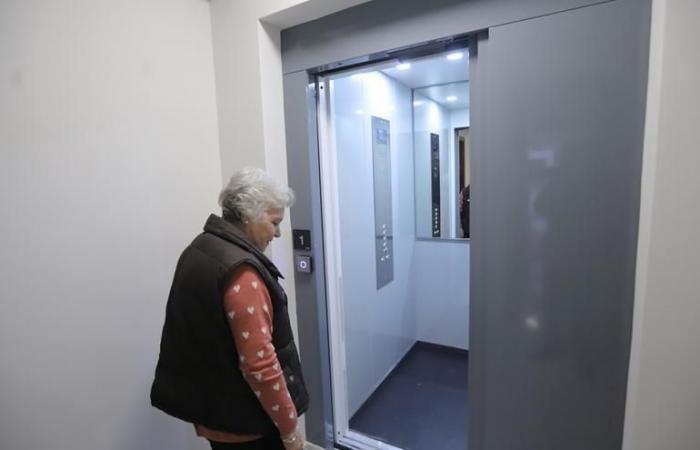Next Monday, July 1stThe new Complementary Technical Instruction (ITC) will come into force for elevators, which was approved by the Council of Ministers in April. The updated regulations include a series of maintenance and safety requirements for elevators that will cause many of them to have to adaptthrough a spill. In the case of Córdoba, around 75% of the elevators do not comply with the requirements demanded by this new ITC. The data is calculated by the College of Property Managers of Córdoba and is offered by its vice president, Pablo Muñoz.
Not all adaptations will be the same and, as Muñoz indicates, The older the elevator, the more changes will have to be made and, therefore, the more expensive the intervention will be.The percentage of the elevator fleet that needs to be updated is so high that practically only the most modern new constructions will be exempt from having to undergo this type of MOT.
What will have to change?
Muñoz explains several of the significant changes brought about by the new standard. Most elevators have automatic door closing protectionthe typical sensor that is covered with the hand to prevent them from closing. This sensor must now be a photoelectric curtain as a protection device. that, roughly speaking, covers the entire door from top to bottom, and not just a localized sensor.
An operator checks the machinery of an elevator.
Another requirement will be that The leveling between the cabin and the floor must be total, practically flush with each other., something that now does not happen in many elevators, which have a slight step because they either stay a little higher than the ground or a little lower. Regarding this, Muñoz explains that the oldest elevators have the possibility of calibration, but there are many others that do not.
It will also be required an element called a load weigher that prevents the elevator from operating if the maximum weight it can support has been exceeded and you will have to install a Two-way communication system between elevator and 24-hour service center. Elevators with cylindrical or wooden guide rails will no longer be permitted either. In the latter case, a new elevator will have to be installed.
When will it be necessary to do it?
As for the deadlines, the rule comes into force on July 1. This means that All inspections carried out from that day onwards that result in non-adaptation to the new ITC will have to be subject to the arrangement.. The elevators pass inspection every four yearsTherefore, assuming that this inspection has been passed without problem, for example, in May of this year, it will no longer have to be done until May 2028. Although Muñoz remembers that There can be ex officio inspections at any time (although they are not usually numerous).
Stock image of a building elevator.
Aids
The aid for these arrangements that can be activated must come from the autonomous community and, for the moment, the Board does not have them. It does have subsidies for adaptations to accessibility regulations, with aid, for example, to install elevators in buildings where there are none.
What Muñoz does warn about is the high possibility that companies can take advantage of these changes to start raising prices considering the high demand that is coming their way now.
#Colombia


